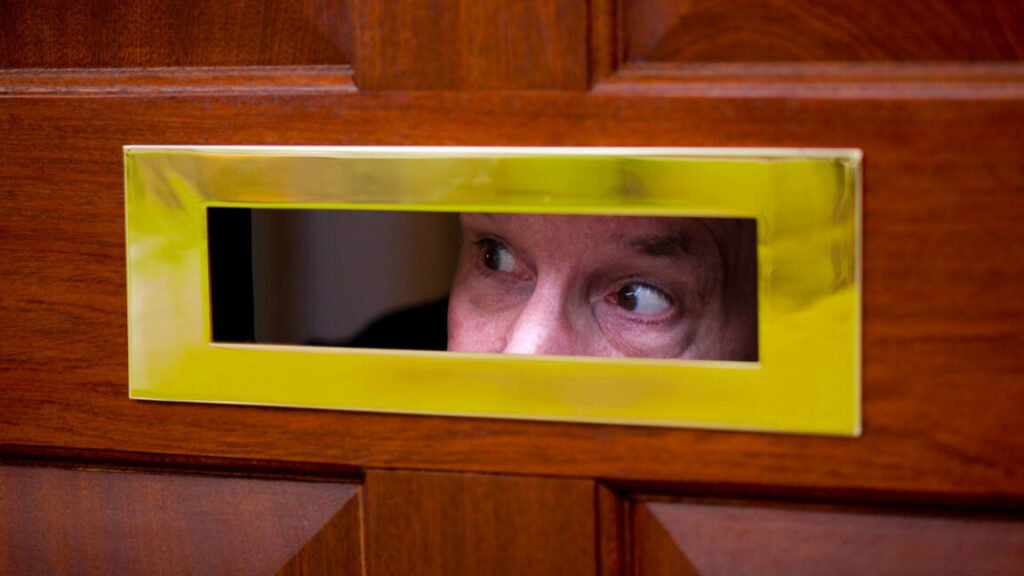In addition to the student, Turkish police detained another individual for assisting the student during the exam. The police discovered a mobile phone that could allegedly relay spoken sounds to the other person, allowing for two-way communication.
A history of calling on computers for help
The recent arrest recalls other attempts to cheat using wireless communications and computers, such as the famous case of the Eudaemons in the late 1970s. The Eudaemons were a group of physics graduate students from the University of California, Santa Cruz, who developed a wearable computer device designed to predict the outcome of roulette spins in casinos.
The Eudaemons’ device consisted of a shoe with a computer built into it, connected to a timing device operated by the wearer’s big toe. The wearer would click the timer when the ball and the spinning roulette wheel were in a specific position, and the computer would calculate the most likely section of the wheel where the ball would land. This prediction would be transmitted to an earpiece worn by another team member, who would quickly place bets on the predicted section.
While the Eudaemons’ plan didn’t involve a university exam, it shows that the urge to call upon remote computational powers greater than oneself is apparently timeless.




